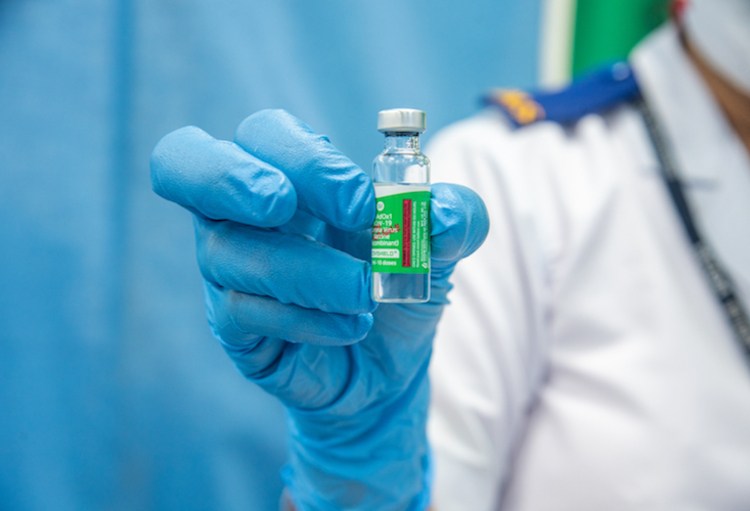On Wednesday, Belgium's different Health Ministers have decided to recognise Covishield, which is AstraZeneca's vaccine produced in India, announced Minister for Development Cooperation Meryame Kitir.
Currently, the Covishield vaccine is not recognised on the Digital Covid Certificate, which Member States are using to facilitate travel within the EU.
While the vaccine was given the green light by the World Health Organisation (WHO), the EU's decision creates the impression in many developing countries that it is a second-rate vaccine, making people hesitant to be vaccinated, Kitir's cabinet told The Brussels Times.
"Belgium breaks through the stigma," Kitir told the Belga news agency. "It can motivate people to get vaccinated through Covax, which makes everyone safe faster."
Some important decisions today: ??? will donate a first load of vaccines to COVAX this month. Meanwhile we explore ways to scale up local manufacturing ??? recognizes Covishield, AZ vaccine distributed by COVAX. Important to fight vaccine inequality & vaccine hesitation. pic.twitter.com/6USc2AnQYu
— Meryame Kitir (@MeryameKitir) July 7, 2021
Individual Member States can decide to recognise WHO-approved vaccines, such as the Covishield one, which is what Belgium is now doing. It mainly concerns "a symbolic recognition," to show that the vaccine is no less than others, Kitir's cabinet added.
Additionally, Belgium will donate at least 164,200 AstraZeneca vaccines to Covax, the WHO's initiative to make vaccines available in developing countries, at the end of July.
"We urgently need to shift up a gear if we want to make global vaccination possible," Kitir said. "We will only be safe here if more people worldwide are vaccinated as well. The donation of vaccines to Covax is a necessary and important action in this respect."
In total, Belgium ordered over 7 million doses of AstraZeneca's vaccine, but it is currently only being administered to people over 41 years old, following some rare cases of severe side effects.
Part of the vaccine surplus will remain in the country, however, in order to be able to administer a possible third dose in the autumn, for example.

